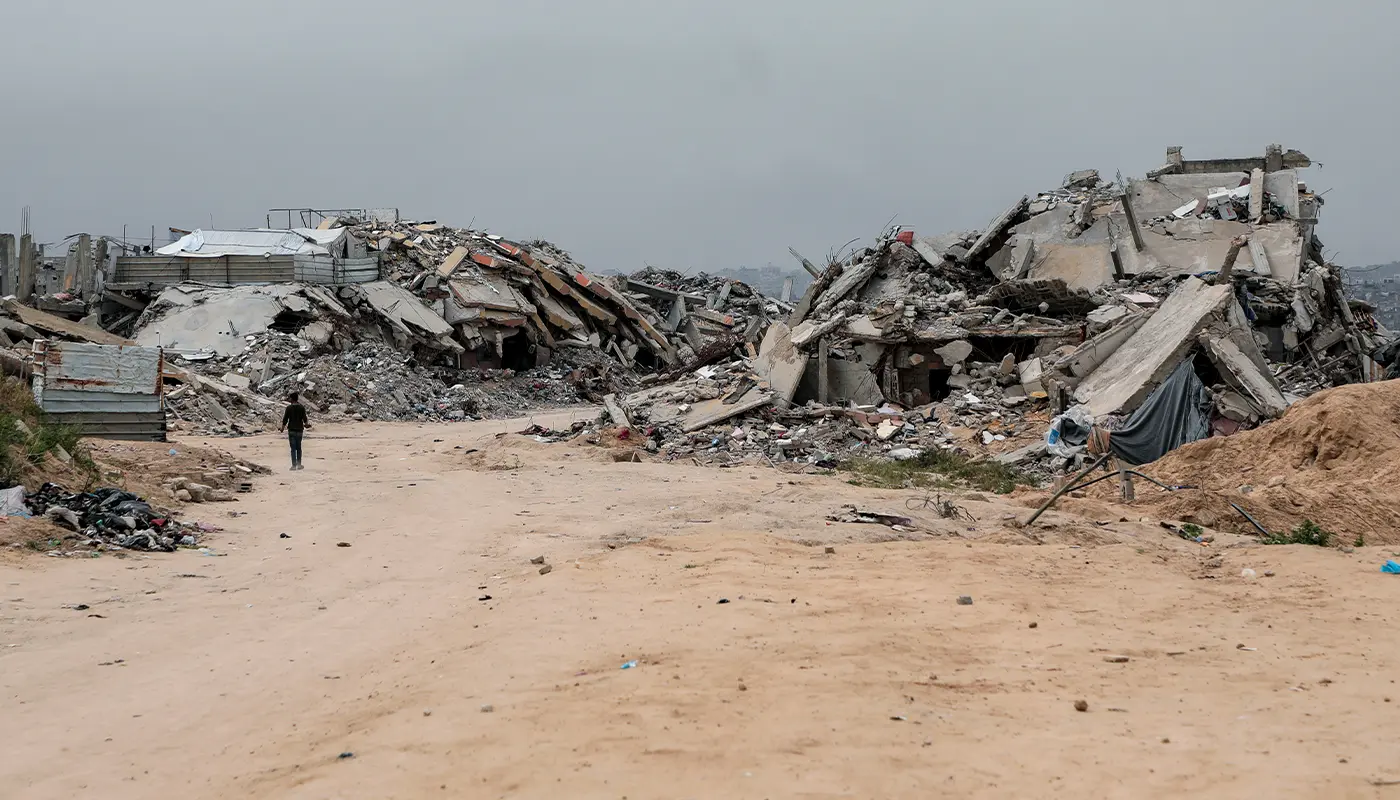In a development raising fresh tensions in the fragile Gaza ceasefire, the Israel Defense Forces (IDF) launched an airstrike on Saturday inside the central Gaza Strip after reportedly notifying and receiving consent from the United States, according to Israeli media.
While neither Israeli nor U.S. officials have publicly confirmed full approval, the strike launched in the area of Nuseirat Refugee Camp, was said to target a member of Palestinian Islamic Jihad (PIJ), accused by Israeli sources of planning an attack on Israeli forces.
According to the report, Israeli intelligence passed relevant information to the US, and the strike proceeded only after coordination via U.S. Central Command (CENTCOM). Palestinian medical officials responded that four civilians were wounded in the strike.
The PIJ denied the claim the target was about to carry out an attack, describing the allegation as “a pure false claim and fabrication through which the Israel seeks to justify its aggression and violation of the ceasefire”.
The incident comes amid a US-mediated ceasefire in Gaza, which had brought a degree of calm following months of heavy fighting. However, this strike appears to mark a significant test of that fragile pause. Israeli military statements acknowledged recent operations, saying they responded to what they defined as provocations or threats, further stated that coordination mechanisms with their U.S. counterpart were evolving.
While Israeli officials emphasise national prerogative in striking threats, they also emphasise coordination with the United States wherever required. One Israeli defence source said the country “does not need U.S. permission” for strikes, even as recent reports suggest deeper levels of consultation.
For the United States, the development raises scrutiny over its role in the Gaza conflict and how far its partnership with Israel extends in operations that potentially risk civilian death rolls or the collapse of the truce. Analysts note that even limited coordination could blur lines of responsibility, particularly if the wider ceasefire unravels.
Local humanitarian and human-rights groups in Gaza warned that even isolated strikes endanger civilians in a context of high ambient risk. With essential supplies still restricted and unexploded ordnance widespread, each action carries the potential to trigger wider escalation.
As of now, the truce remains nominally in effect, but the Saturday airstrike highlights how quickly it can be disrupted. Observers say that the coming days will reveal how robust the mechanisms are for monitoring and enforcing the agreement, and whether the United States will take a more active role in restraining or endorsing Israeli military decisions.
Sources: AntiWar, Al Jazeera, Reuters







